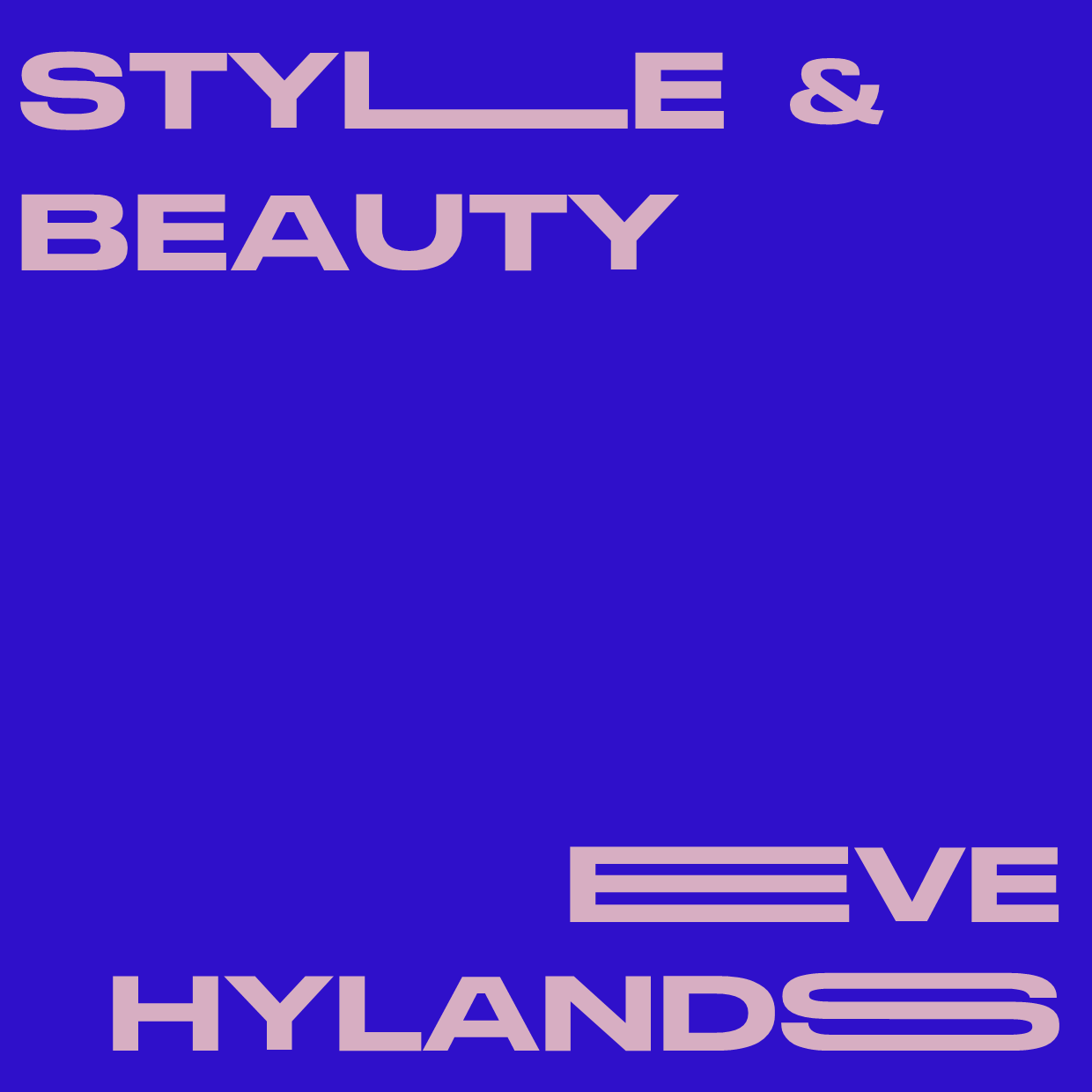TW: Dieting
Words: Evie Hylands (She/Her)
“Nothing tastes as good as skinny feels” – Kate Moss.
The rise of Y2K fashion and the drop in waistlines of jeans, and ‘Heroin chic’ – the overindulgent glorification of the hyper slim – is back. On TikTok, pilates workouts promising us elongated model limbs are trending. On the streets, we are being met with the increasingly familiar sight of a peeking thong. All clear signs that the unattainable slimness that haunted the early 00s greets us again.
Following the Kardashians losing their infamous curves and opting for a slimmer frame, and despite the supposed progress in the fashion world since the 00s, it is clear that there’s still a long way to go in terms of inclusivity. Plus-size, BIPOC and LGBTQ+ models are continually pushed aside in exchange for the Eurocentric slim white girl with razor sharp cheekbones.
Women struggle with these constant fluctuations in body trends. It feels like one minute we’re expected to be slaving away in the gym to achieve curves, only to later be told to slash our calorie intake because we no longer fit the beauty standard. The constant stream of media available to us is a dangerous narrative. That botched back-alley boob job a friend of a friend had, now a funny dinner-party anecdote, only displays the steps women take to keep up with these absurd demands. This must come to an end, before we all are reduced to anecdotes.
Social media plays a huge role in how instantaneously a woman’s body can go out of fashion. Similarly, the rise of influencers and reality TV representation has become a façade of airbrushed and surgically constructed bodies. Plastic surgery can be a tool of empowerment, when used correctly. It can help women to gain security and confidence in their bodies. However, when hidden under the guise of ‘natural’, it has the ability to advertise unattainable standards to unsuspecting female observers.
Women are slaves to constant monitoring of their appearance, often taking drastic measures to control their weight. Keto, intermittent fasting and the Atkins diets are just a few plagues to our lives. The increasingly apparent rise in fame of Bella Hadid, and the documentation of Bella’s frame alongside a constant stream of toxic comments from her mother, could account for a nasty concoction of new insecurities and increased body dysmorphia in young girls. The beauty industry discriminates against anyone who does not fit the traditionally attractive archetype, often fueled by fatphobic trends that leave women feeling unattractive. The ever-changing Western ideals of beauty still dominate the industry. The glorification of hyper-slim is plastered everywhere, the heroin chic of Kate Moss now morphing into the ever-slimming frame of Bella Hadid.
Trending bodies are something that haunt all women, myself included. The constant pinching of puppy fat and weekly trips to buy obscene pushup bras with your friends, just a few of the things I grew up with. Growing up, I desperately wanted to be a 5”11 leggy Victoria Secret model. I was fueled by the need to be “beautiful”. My introduction to Instagram greeted me with pictures of stunning women promoting crazy diets, and I was desperate to look like them. My friends and I cut carbs, juiced and ate only meat, yearning to have the thigh gap that our growing bodies couldn’t sustain.Though we gained nothing but hunger from these diets, we still worshipped those who promoted them.
I think of the younger me and wonder what danger she would be in now, would she be happy and body positive? I doubt it. An even easier access to a stream of toxic diet culture could have ruined her. It’s an outrage that women and even young girls are held to impossibly high standards, I fear that we are becoming more desensitised to the danger of this false body positivity. Read between the lines, and you will see that the world of crazy diets and uber-flat stomachs still dominates the media.
Though, this rise in mass media has not all been negative. The internet has given power to many female activists to confront the damaging patriarchal depictions femininity expected of women. The feminist book “Women don’t owe you pretty” by Florence Given made the best seller list and shone a light on the need for women to be controlled in modern society, focusing heavily on aesthetics women must conform to. This rise in female empowerment is vital to call for the demise of toxic views on how the female body should look.
Women deserve freedom from the oppressive aesthetics that control our daily life and the unattainable standards women strive for. Despite speaking more openly about the issues we face, the lack of inclusivity through media and trends consistently diminishes the self value of women around the world. Systemic changes must occur to stop the cycle. Women’s bodies shouldn’t come in and out of fashion like low-rise jeans.


Spot on . Grass root changes are the only way for societal change.